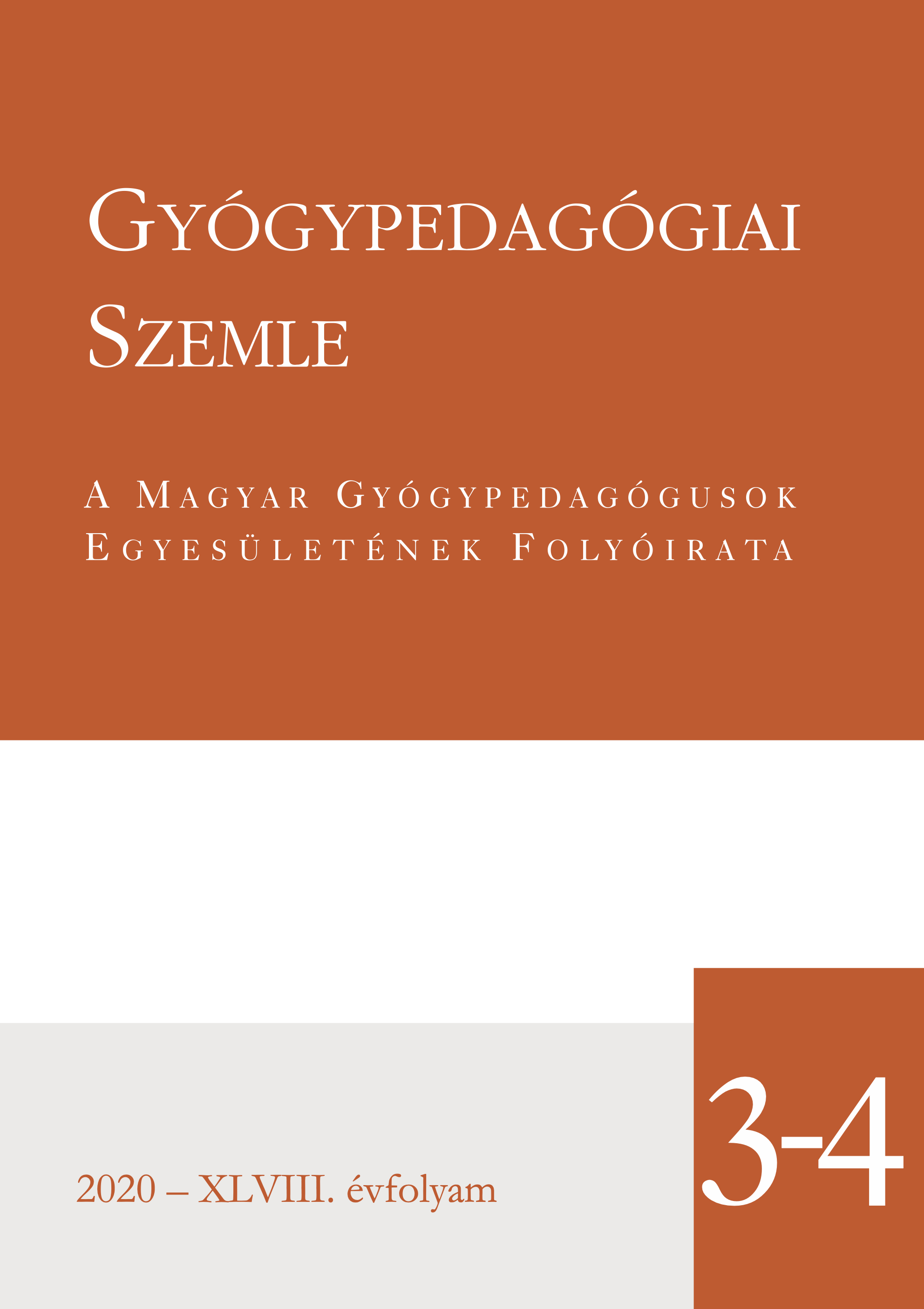Promoting autism knowledge among primary school children: first results from the evaluation of the ‘Star-bus’ Inclusion Intervention Programme (SIIP)
Keywords:
autism spectrum conditions, inclusive education, knowledge in autism, peer educationAbstract
Autism Spectrum Conditions (ASC) represent a unique challenge for public education. Well-planned and -managed integration can bring about several benefits for all parties, mis-managed integration may have risks and high ‘costs’. Class-peers play a distinguished role in inclusion; therefore, peer education programmes to support autism-understanding and acceptance are highly needed.
Our research group aimed at (1) developing a complex, picture book-based peer education programme in autism for children in primary schools (SIIP); and (2) evaluating its effectiveness and applicability, using a mixed-method prospective controlled research design.
In the present study, we examined whether the programme was able to bring about positive changes in general autism-knowledge in the test group of mainstream primary school pupils. Primary school pupils in 14 second and third grade mainstream classes (8 test and 6 control) participated, a total of 283 children. Data on their general autism knowledge were gained by the Pupils’ Autism Knowledge Questionnaire (PAKQ). At the beginning of the programme there was no significant difference between the two groups’ knowledge of autism, but the ANOVA indicated, that the test group’s knowledge increased significantly more by the end of the programme.
This demonstrates that our programme is able to enhance the general knowledge about autism in pupils of mainstream primary schools and confirms previous research results suggesting that inducing such effects requires systematically constructed and validated programmes, organised in several sessions of colourful and playful activities.
Keywords: autism spectrum conditions, inclusive education, knowledge in autism, peer education

